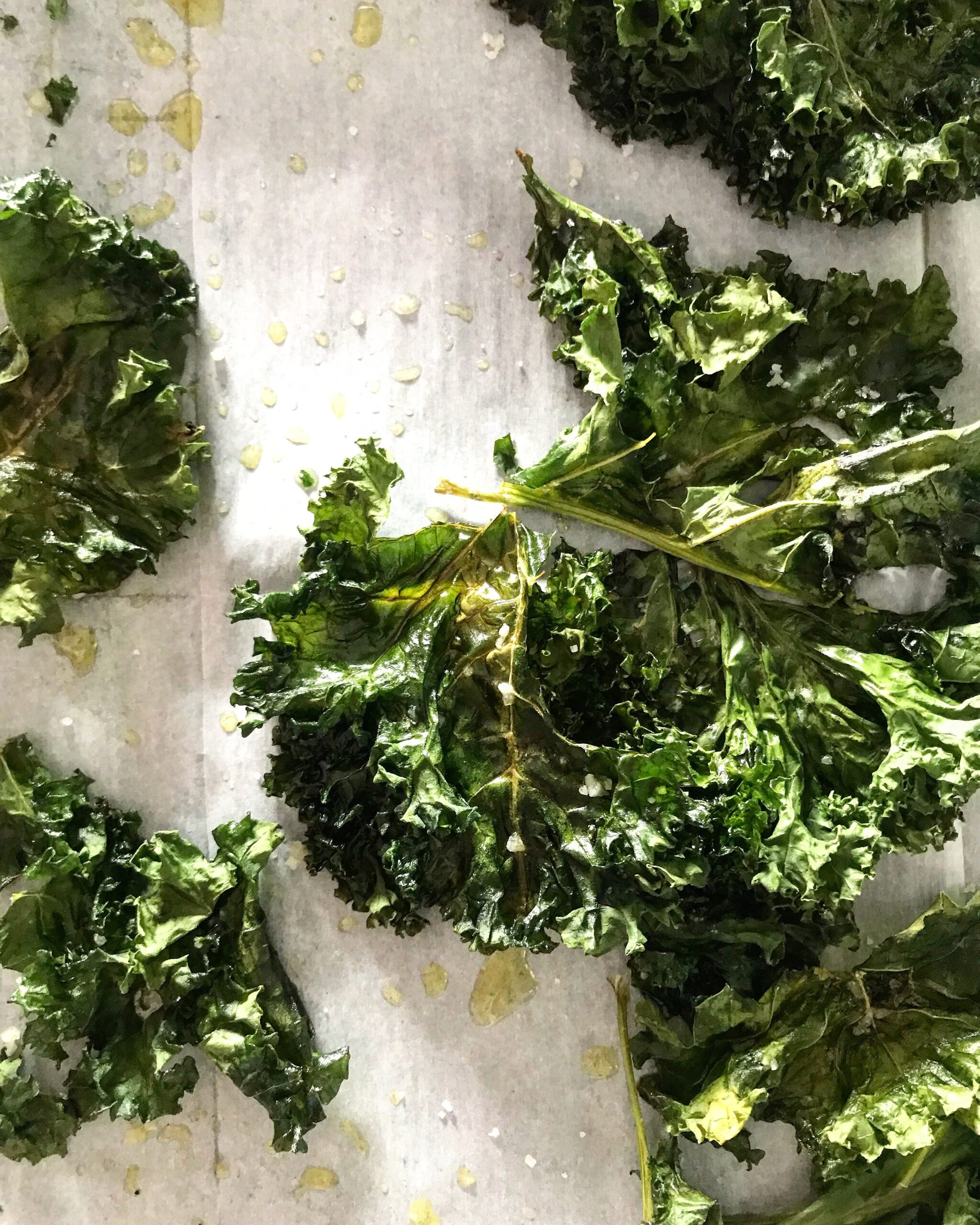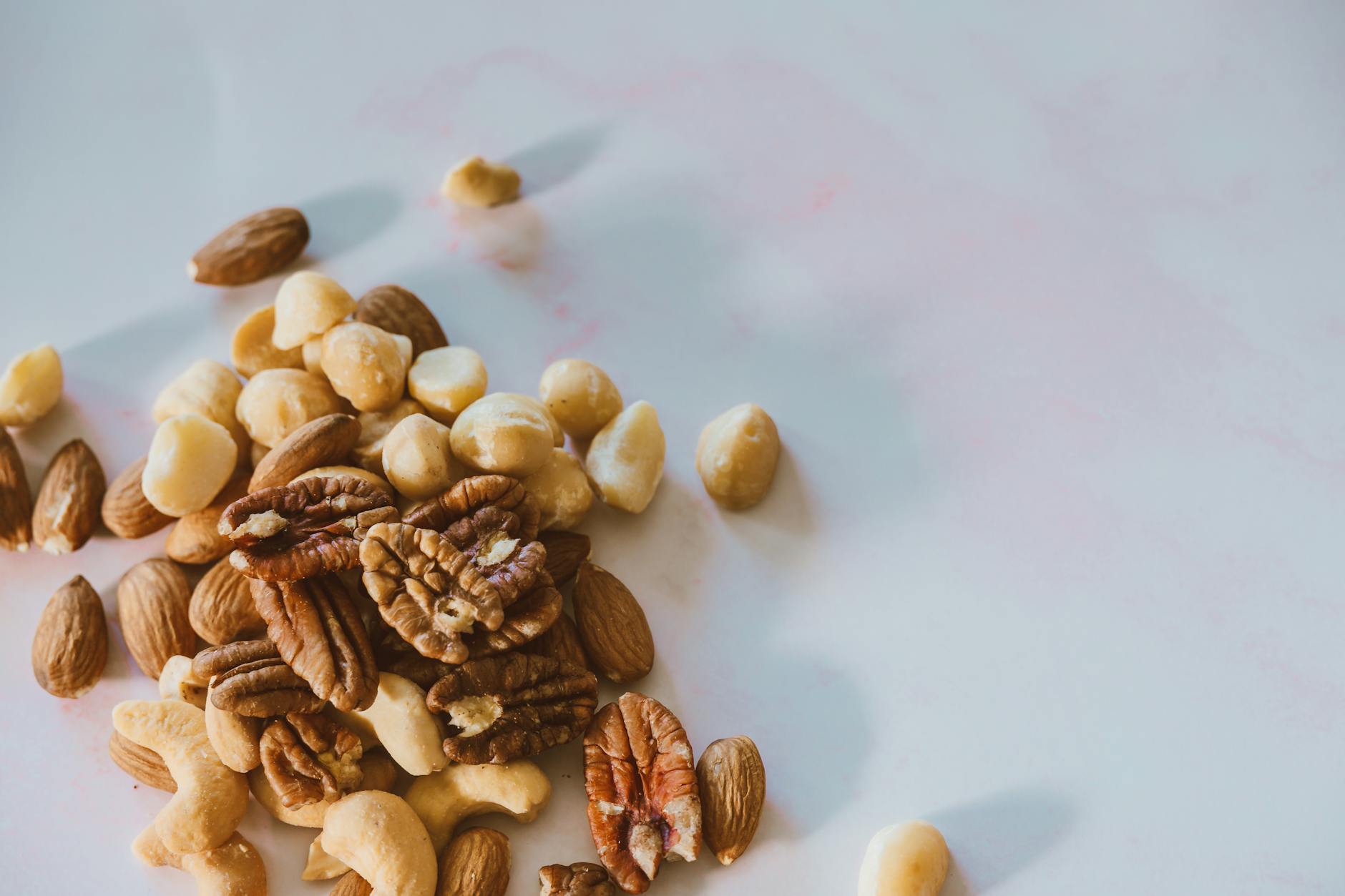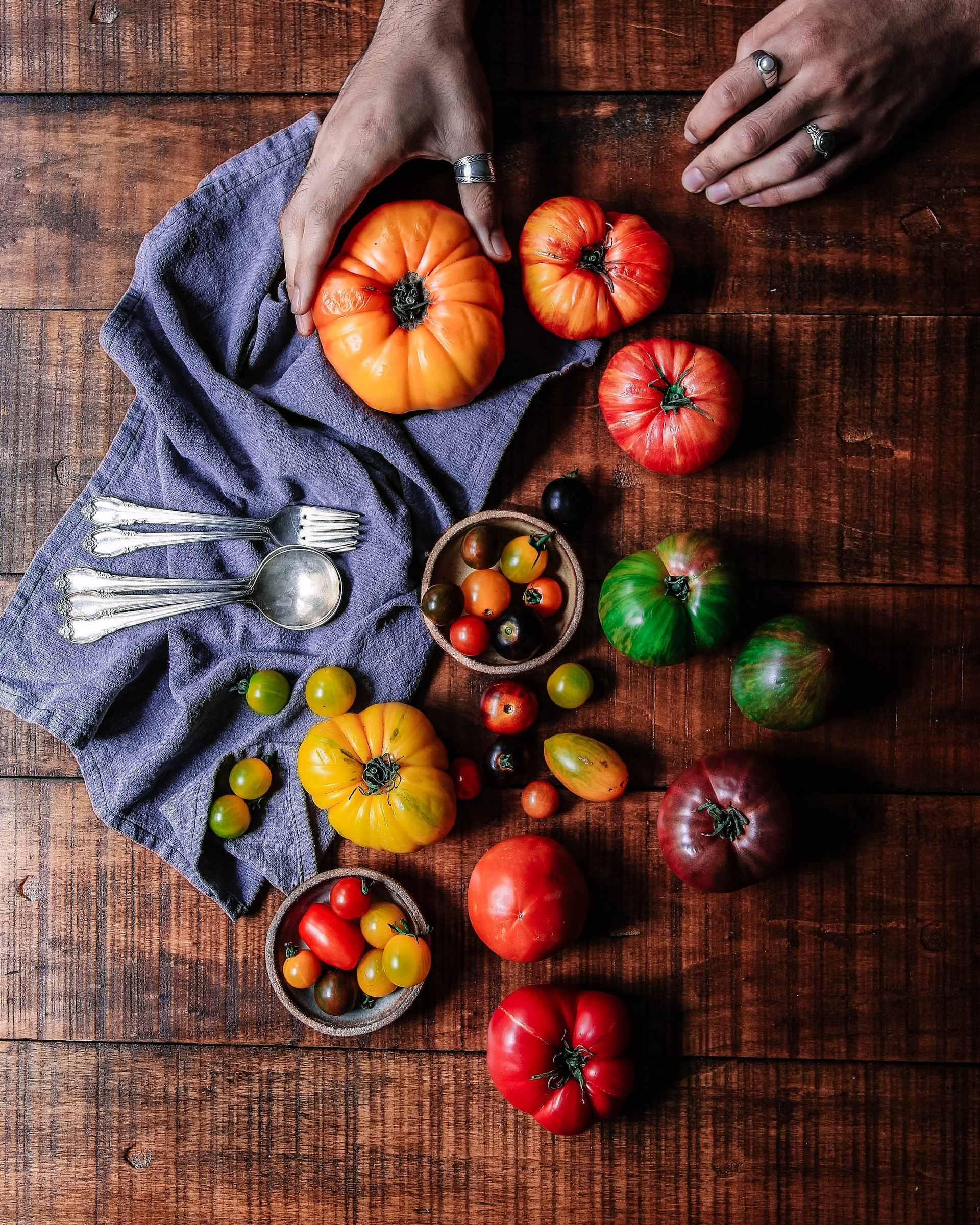I recently fractured my acromion process – which is this perilous tip of the shoulder blade (I only call it perilous now because it seems crazy for a little bone to extend so far out on its own. Sure it’s reaching out to attach to the collar bone, but still, it seems so fragile out there all alone). At 35 km/h (tracked using my smart watch), I was flying downhill on my bike because a need for speed is apparently genetic, and hit a pothole and crashed… big time. Thank goodness for my helmet which was cracked (please wear a helmet if you don’t already while biking!) So here I am sitting at home recovering, and wondering how I can heal faster than the predicted 2 weeks (because I like to push myself, can you tell?, even when I’m physically out of commission).
How can I make my bones regrow and heal faster, while making them stronger to prevent future fractures? I did some reading…

If you grew up with the milk mustache ads which equated strong bones with drinking milk, you may have a nagging worry that going dairy free may jeopardize your bone health.
The whole idea of milk for bones is a marketing program,” says Neal Barnard, MD FACC, president of the Physicians Committee for Responsible Medicine and author of Your Body in Balance: The New Science of Food, Hormones, and Health. “All of our biological cousins – chimpanzees, gorillas, and some of the biggest and strongest animals don’t eat ice cream, yogurt or depend on glasses of milk, and they don’t have osteoporosis either.
Dairy has been touted as the optimal source for calcium, the mineral with its starring role in bone strengthening and minimizing age-related bone loss. But contrary to popular belief, cow’s don’t have a monopoly on calcium, plants are actually the natural source of calcium. A cow’s favorite meal, grass, absorbs all the calcium from the soil as do other leafy greens such as Brussels sprouts, collards, and mustard greens, making them rich sources of calcium. Other foods such as beans, lentils, nuts, seeds, and tofu, provide calcium in smaller amounts that add up.
When you look around the world, especially in places like Asia and Africa where people don’t historically consume dairy, every culture has found a place to get calcium in their diet, and shows that it is possible to have healthy bones without dairy.
This is great news and important to understand because numerous studies have linked dairy to increased health risks, including; asthma, heart disease, breast and prostate cancer, and endometrial cancer.
In a recent issue of The New England Journal of Medicine, a review article titled “Milk and Health,” by Harvard Medical School concluded that calcium obtained from plant foods such as kale, broccoli, tofu, nuts, and beans without the potential harm that comes from dairy. Their report also found that the scientific evidence does not support the belief that high dairy consumption reduces bone fractures.
Having enough calcium and vitamin D is critical, but these minerals are not the magic bullet. Scientists now know that it is the complex mix of minerals and vitamins that work synergistically to maximize bone health. These include protein, vitamin K, vitamin A, vitamin E, vitamin C, vitamin B6, 12, folate, phosphorus, iron, silicon, sodium, magnesium, potassium, copper, zinc, and omega-3 fatty acids. Plant-based eaters are off the charts on many of these bone-loving nutrients and get more of them than the average person – with the exception of vitamin B12 and possibly vitamin D.
We can boost our bone health by eating a variety of plant foods.
The types of food you put into your body will trigger your blood’s environment to either favor the rapid breakdown OR rebuilding of bone. A diet that is abundant in fruits and vegetables creates anti-oxidant rich, anti-inflammatory conditions which slows the rate of bone loss and promotes stronger bones. Packaged and processed foods like chips, baked goods, and refined breads, sweetened beverages, contain additives like sodium phosphate and calcium phosphate which can leach calcium from bones, and also cause inflammation which further leads to bone break down.
Some foods are better sources of calcium than others due to high levels of oxalates, a natural substance in food that binds to calcium during digestion, and can prevent absorption. Great absorbable calcium sources include broccoli, kale, bok choy, collard greens, watercress, turnip greens, calcium-set tofu, and fortified plant-milks. Because of the high oxalate levels in spinach, beet greens, and swiss chard, the bioavailability (absorption) of calcium is lower, but they provide plenty of other beneficial nutrients, any of which are listed above.
It was discovered that only a third of the calcium in milk (cow’s or plant-based) is absorbed, most of the calcium in low-oxalate greens are absorbed.
How about calcium supplements?
Taking a supplement is not necessarily the best solution for healthy bones according to researchers and scientists. In just twelve years, experts have gone from widely suggesting calcium supplementation to prevent osteoporosis to “Do not supplement.” But how did this happen?
It started in New Zealand in 2008, when researchers were trying to prevent heart attacks using calcium supplementation, because short-term studies showed that calcium supplementation lowered blood pressure, and cholesterol levels. To the researcher’s surprise however, heart attacks were increased in the calcium-supplement group.
The largest study of this phenomenon was conducted in the Women’s Health Initiative which reported no adverse health impacts. So what’s the deal? Well, the majority of the women in this study were already taking calcium supplements, meaning researchers were comparing low-dose supplementation with high-dose supplementation vs. no supplementation with supplementation. When you dig through more data that compare supplementation with no supplementation, the risks from the New Zealand study are confirmed. Calcium supplementation increases the risk for cardiovascular events like heart attacks and strokes.
Why might calcium supplements increase heart attack risk while the same calcium you get from food does not?
Calcium supplements give you an unnaturally large and rapid spike of calcium in your bloodstream that can last as long as eight hours. This can cause your blood to clot more easily, which increases the risk for clot formation in the heart and brain. Of course, if you are worried about blood clots, there are riskier food sources of calcium too. (I’m looking at you, cheese.)
So, with all this information, I am guided by some pretty solid studies. More greens, and no need to fret about dairy, which I don’t consume anyways. This week I bought a giant bunch of kale which turned into three dishes, one I added to my minestrone soup, made kale chips, and made a strawberry, kale, basil, and honey cashew salad. Watercress is another tasty and spicy addition to salads, but I also love it in miso soups with wakame and bok choy.

Additional ways to protect your bones:
- Weight-bearing exercises like walking, hiking, jogging, climbing stairs, playing tennis, resistance training.
- Going easy on alcohol – excessive intake (more than two drinks for men, and more than one drink for women a day) has been shown to interfere with the calcium and vitamin D balance, in addition to raising stress/ cortisol levels which can further contribute to bone loss.
- Don’t smoke – studies show a direct association between smoking and decreased bone density. Smoking decreases circulation to bones, preventing healthy growth, and interfering with calcium absorption.
- Quite the Cola – Dark carbonated drinks contain phosphate compounds that pull calcium out of our bones.
- Get outside – sunlight is nature’s vitamin D. Vitamin D helps the body absorb calcium and is critical for bone density. Aim for at least 10 minutes of midday sun exposure on your arms, legs, and back several days a week (without sunscreen, if you intend to spend more time outdoors however, it is always better to put sunscreen on after your 10 minutes, to protect your skin from damage).



